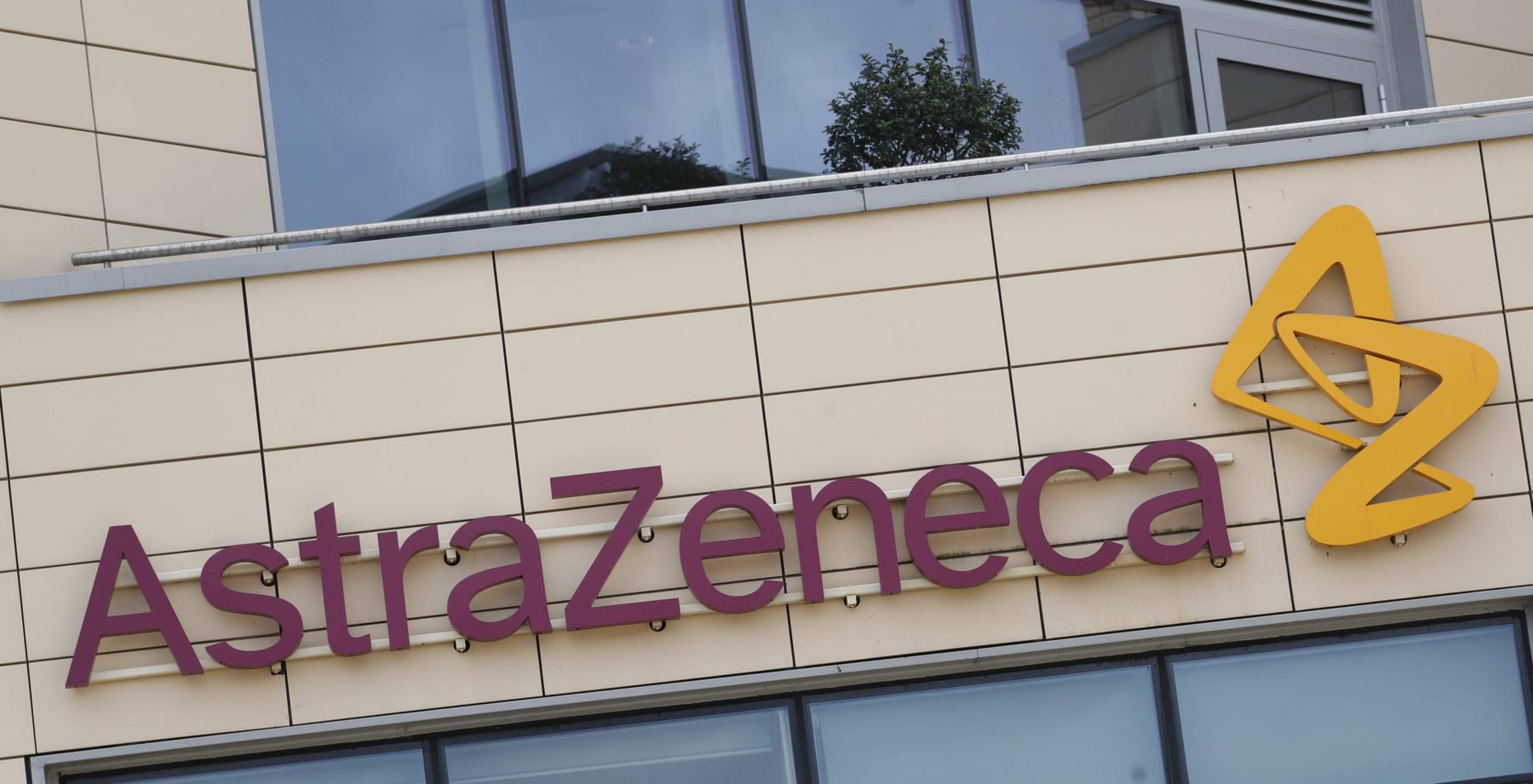Another shot was fired in the global pandemic fight and investors are considering the impact. On Wednesday, Britain became the first country to approve the COVID-19 vaccine from Oxford University and AstraZeneca, whose stock was unsteady throughout the morning due largely to lingering uncertainty regarding its overall effectiveness.
AstraZeneca (AZN) joined the FTSE 100’s leaders as shares rose in early European trading and were up about 3.3% at the start of trade, but faded, off 46 points (0.63%) by mid-morning in New York.
This vaccine is the second to be approved in the U.K., where more than 600,000 already have been vaccinated with the first dose of the two-dose Pfizer-BioNTech shot.
Britain’s approval is “certainly good news because there is no doubt that the current coronavirus vaccine demand is nowhere close enough to supply,” Naeem Aslam, chief market analyst at AvaTrade, said in a Business Insider story.
In terms of expanding the approval, the European Union regulator, according to Reuters, says the data on the AstraZeneca shot is incomplete and is unlikely to be approved in the next couple of weeks. Britain’s coronavirus vaccine chair, Wei Shen Lim, said one dose was around 70% effective from 21 days until a second dose was given at 12 weeks.
Munir Pirmohamed, a British government COVID-19 expert involved in Wednesday’s approval, said two full doses, three months apart resulted in effectiveness of “up to 80% … which is the reason for our recommendation.”
AstraZeneca’s vaccine needs only standard refrigeration; other COVID shots need cold storage.
Market strategists have said the ease with which the AstraZeneca vaccine is distributed and stored should help slow or eliminate further U.K. restrictions. Several parts of England went into the highest tier of lockdowns on Dec. 20, with citizens advised to stay home.


















Add comment